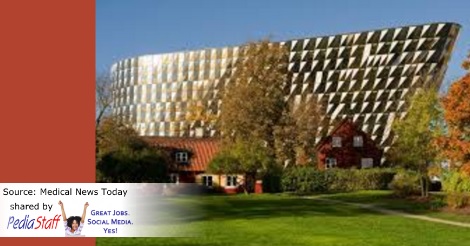Brain Differences in Premature Babies who Later Develop Autism
[Source: Science Daily]

Extremely premature babies run a much higher risk of developing autism in later childhood, and even during the neonate period differences are seen in the brains of those who do. This according to a new study by researchers from Karolinska Institutet and Karolinska University Hospital in Sweden. The findings, which are published in the journal Cerebral Cortex, suggest that environmental factors can lead to autism.
In this present study, the researchers examined over 100 babies who had been born extremely prematurely (i.e. before week 27, the beginning of the third trimester). With the parents’ permission they studied the growth of the babies’ brains using magnetic resonance imaging during the neonate period, and then screened the children for autistic features when they had reached the age of six.
PediaStaff is Hiring!
All JobsPediaStaff hires pediatric and school-based professionals nationwide for contract assignments of 2 to 12 months. We also help clinics, hospitals, schools, and home health agencies to find and hire these professionals directly. We work with Speech-Language Pathologists, Occupational and Physical Therapists, School Psychologists, and others in pediatric therapy and education.
